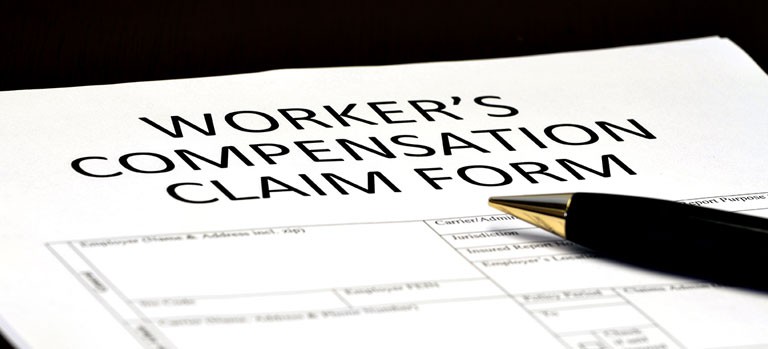Lebau & Neuworth attorneys Richard P. Neuworth and Devan M. Wang were honored with the publishing of two very important articles they co-authored in the 2017 Special Issue of the Trial Reporter, the journal of the Maryland Association for Justice. In each expose, Richard and Devan examine a case vital to the people of the State of Maryland and some of their specific contractual rights regarding personal injury and workers compensation.
In assessing Universal Health Services, Inc. v. United States et al. ex rel. Escobar et al., the attorneys explain how the decision is important for personal injury attorneys and other fields of federal contract law as related to the False Claims Act (or “Lincoln's Law”). As they wrote, the most immediate impact of the Supreme Court’s unanimous decision in the case that the implied certification theory can be a basis of liability “is that potential claims, for either medical negligence or other types of negligence, that are time barred, may be revived through the FCA’s longer six-year statute of limitations.”
In that horrendous case, Yaruskha Rivera, a teenager receiving mental-health counselling services through Arbour Counseling Services, a satellite mental-health facility owned and operated as a subsidiary of Universal Health Services had a severe adverse reaction to a bi-polar medication that she was prescribed and died as a direct result of seizures. Her mother and stepmother learned that few, if any, of the health care providers at Arbour were actually licensed by the State of Massachusetts, where the facility was located. Significantly, the facility was billing the Medicaid program in Massachusetts for its “alleged services,” including prescribing medications.
The Supreme Court, in granting certiorari in the case, held that “the implied certification theory” can be a basis of liability and that “false or fraudulent claims” were not limited solely to misrepresentations concerning express conditions of payment under federal statutes. As Richard and Devan wrote, the Court’s unanimous decision to recognize the implied certification theory has effects on the following areas of the law: medical negligence, nursing home cases, mental healthcare facilities, rehabilitation facilities, government contracts that require payment through the Davis Bacon or Service Contract acts and any government contract that requires the payment of goods and services and requires certification for goods and services.
In the second article published in the Trial Reporter, Richard and Devan explain how the case Peninsula Regional Medical Center v. Adkins is an important decision for Workers’ Compensation and Personal Injury attorneys. With that case, the Maryland Court of Appeals unanimously held that, under the Maryland disability discrimination statute, “an employer must provide a reasonable accommodation to at-will employees by considering them for reassignment to a vacant position, if the individual can perform the essential functions of the reassignment position, with or without a reasonable accommodation.”
Therefore, for the first time, there are expanded rights to injured employees under the Maryland Workers’ Compensation Act. As Richard and Devan wrote, the decision provides a valuable opportunity for at-will employees in workers’ compensation cases because, now, the employee is entitled to more than just vocational rehabilitation. It also presents a challenge for an attorney representing injured employees, particularly at-will employees, because a decision must be made earlier, after an illness or injury, to determine whether or not an employee can return to any type of work.
For more information or consultation on similar cases, contact Lebau & Neuworth at (410) 296-3030 or lebauneuworth.com/contact-us.












